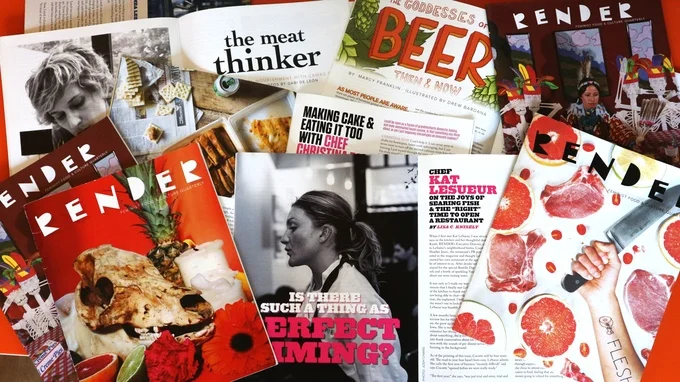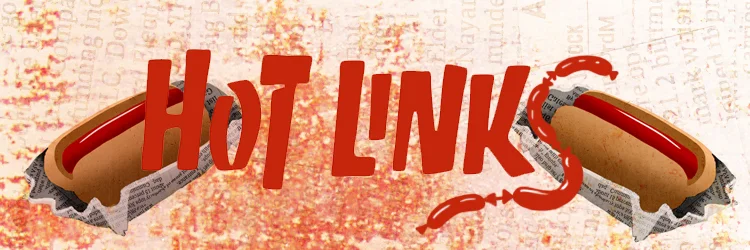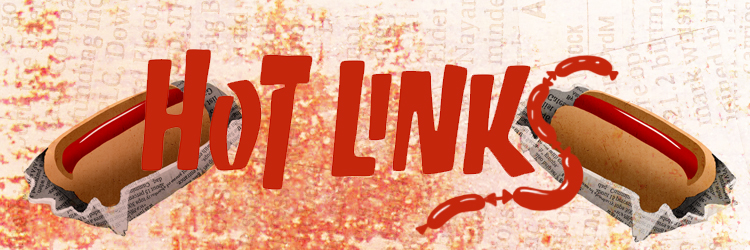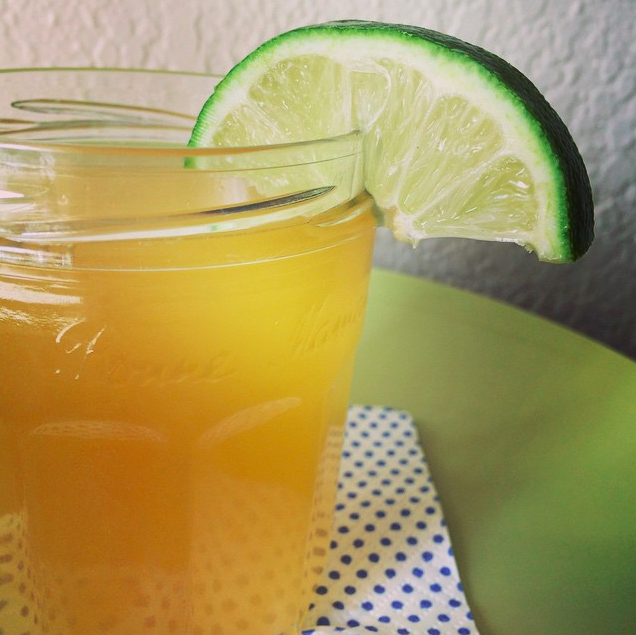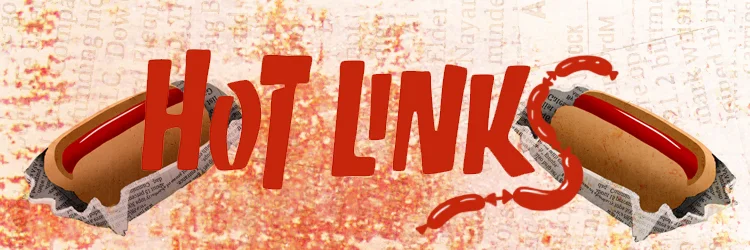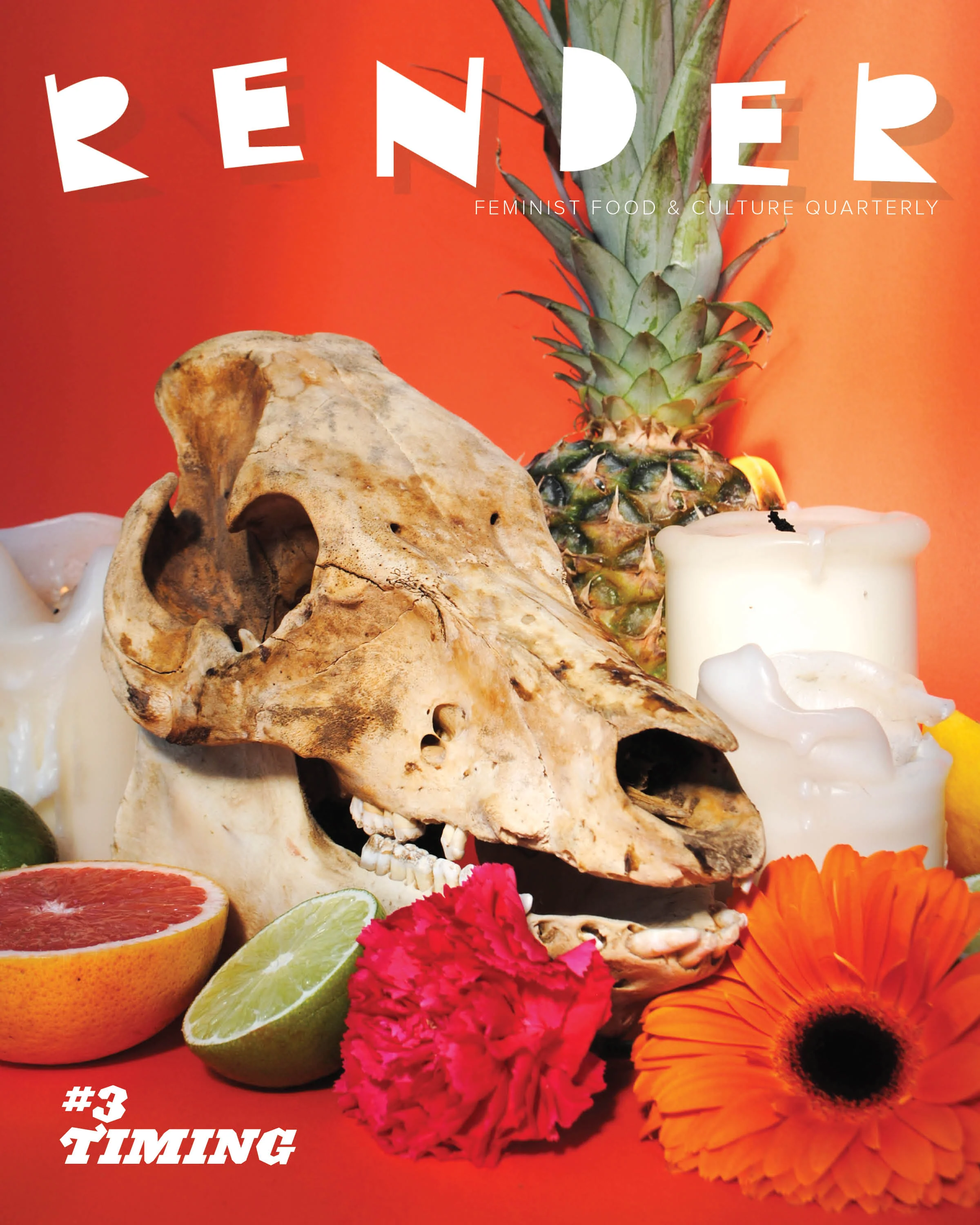

The Butcher's Guild, founded in 2009 by Marissa Guggiana and Tia Harrison, is a collection of over 200 men and women dedicated to improving the state of butchery in the United States. Guggiana, the author of Primal Cuts: Cooking with America's Best Butcher's, and Harrison, co-owner of Sociale restaurant and Avedano's Holly Park Market, developed the guild in order to connect the country's independent meat professionals in a way that would foster learning and camaraderie within the trade. All members of the guild are bound by an oath in which they commit to maintain and promote integrity in all stages of meat production and consumption.
Recently, the guild hosted its 3rd Annual Conference & Summit: The Future of Meat, which brought together meat thinkers and butchers for a weekend of demonstrations, workshops, and a lot of meat eating (of course). This year's summit, which was funded by a successful Barnraiser campaign, focused on radically shifting contemporary meat industry trends towards independent producers and butchers.
I spoke to Butcher's Guild co-founder, Marissa Guggiana about her own personal experience in the industry, and one thing is certain: the future of meat will largely be shaped by women.
DK: What brought you to butchering as a profession?
MG: I am not a butcher. In fact, I think I say the phrase "I am not a butcher" more than any other person in the English-speaking realm. I ran a USDA-inspected meat plant for several years. It was a family business and I took it over reluctantly, but soon found great satisfaction in wrestling with the complicated and fascinating problems of the meat world.
DK: How did you and Tia Harrison meet each other?
MG: I sold lamb to Tia's butcher shop and I'm pretty sure we first met at a Meatpaper (a deeply specific and now sadly defunct magazine of which I used to be on the editorial team) party. Duh. I also included Tia as one of the butchers in my book, Primal Cuts. That is when we first bonded.
DK: Was there a specific event that sparked the idea of the Butcher’s Guild?
MG: There was a coffee date of lore. We were excited to collaborate on something that would promote whole-animal butchery and we hashed out the ideas over months until a guild was born. We were eager to connect butchers because we had both run our own businesses and realized how crazy it is to learn everything on your feet with perishable and expensive ingredients, like meat. We both saw that if butchers just had a vehicle to connect, we could learn from one another.
DK: What were some of the obstacles (if there were any!) you faced when forming the Butcher’s Guild?
MG: Every day there are obstacles! That's part of the fun. There's never enough money. And our members are spread all over the country and they aren't super into email. It is hard to communicate effectively, but we are learning better and better ways to stay connected. We are also creating regional chapters so that members are connecting with one another in person and working on projects in their own communities.
DK: How has your gender influenced your industry experience, if at all?
MG: When I started in the meat industry, I think it was sort of charming or awkward to be the only girl in the room (depending on the room), but now I don't feel like it matters too much. Partly because there are a lot more women and partly because it is my community now.
DK: There is a strong representation of female butchers in the guild. Have you seen an increase of women entering the profession recently?
MG: Yes. Every day there are more women. And many of the women I know are interested in problem-solving, collaboration, and systems-thinking, which means they are shaping the industry.
DK: The theme of this year’s Butcher’s Guild Conference was “The Future of Meat.” What trends or ideas in butchering are exciting to you right now and how do you see butchery evolving in the future?
MG: Changes in meat have a long arc because it takes a lot of time and money to build infrastructure. I'm excited about the progress of what we have been working on for years—the preservation of the craft of butchery, including the preservation and preparation of meat. Butchers keep local food systems viable.
DK: What kitchen tool do you think every RENDER reader should own?
MG: Good knife, naturally! And a dutch oven. And a pressure cooker! A great cutting board. A record player. A glass of red wine.
DK: Anything else you’d like to share with our readers?
MG: Cooking is revolutionary and beautiful. Making food in your home will naturally increase your health, your connections, and your pleasure.

